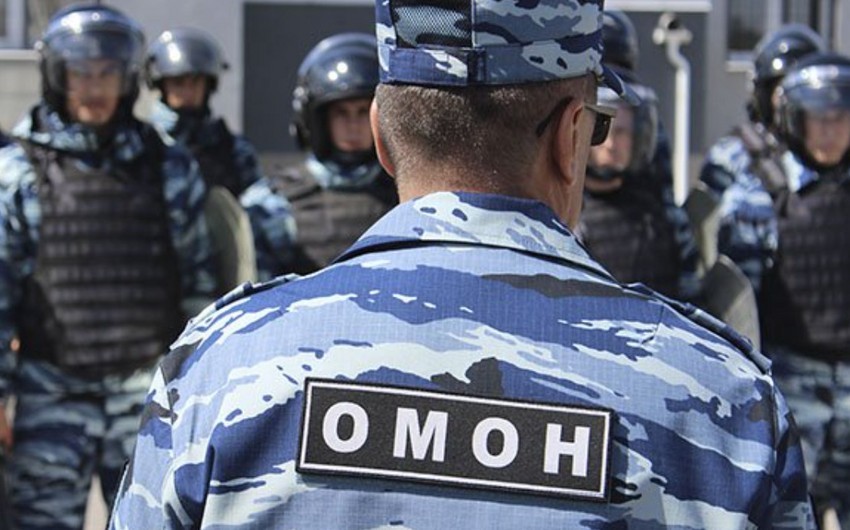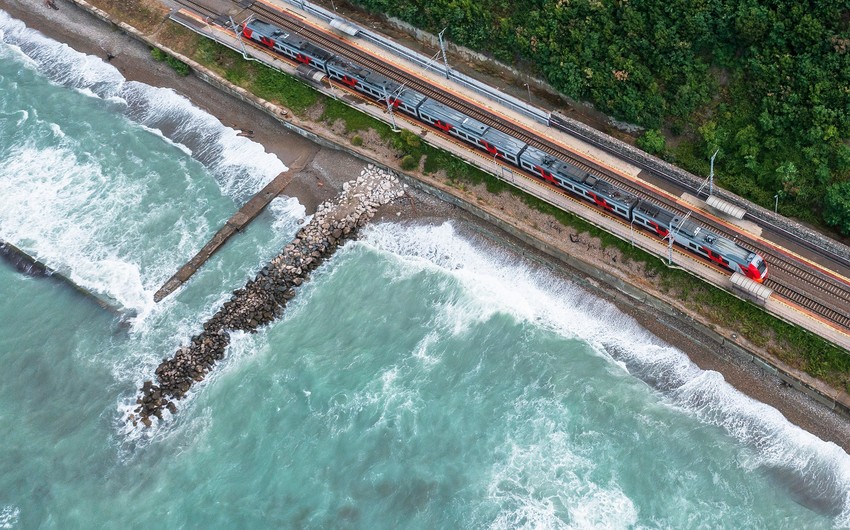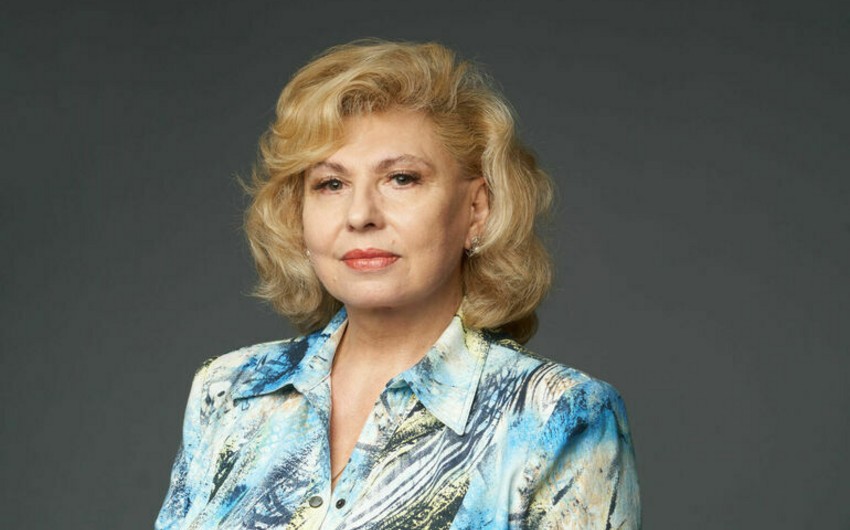Muslims around the world will be celebrating Ramadan in the midst of a pandemic for the second year in a row.
The spread of Covid-19 has impacted much of the world's population, with governments imposing lockdowns and strict measures to curb the spread of the virus.
While many have found ways to adapt to the "new normal" and the rollout of vaccines has helped stymie the rise in cases in some countries, it is certain that the Muslim holy month will be affected.
How preparations are taking shape
Scheduled to begin on or around Monday 12 April, Ramadan is the most revered month in the Islamic calendar. Preparations for the holy month, which Muslims believe is when God revealed the first verses of the Quran to the Prophet Mohammed, start weeks in advance.
Some Muslims choose to spend the weeks prior to Ramadan completing optional fasts and spiritually preparing for the holy month. Many also use the period to stock up on ingredients to make traditional foods for the duration of the month.
Whereas last year many shops had their shelves cleared of products and store owners rationed goods between customers, people are now more accustomed to the pandemic and are panic-buying less, meaning items should be easier to source.
Ramadan is not just about food, however; it is also a social month, in which family and friends come together. Traditionally, some people travel abroad to be with their loved ones or to perform minor pilgrimages, but as Covid-19 cases remain high in most countries and travel restrictions remain in place, it is unlikely many will be able to do so this year.
In the United Kingdom, fines of up to £5,000 have been imposed on people travelling without a valid reason, and in parts of the Middle East, similar restrictions will likely affect travel plans.
While many may not be able to physically be with their loved ones for the holy month, organisations have come up with innovative ways to help people prepare, and to keep them company, during Ramadan.
The Ramadan Tent Project, a UK-based organisation which hosts free outdoor iftar meals for people during the month, will be hosting a Virtual Iftar, with prominent speakers and scholars giving sermons.
The organisation has also created an online virtual pack which allows people to celebrate the month together. The pack contains a Ramadan guide, recipes, daily supplications, a worship planner, festive decorations and coupons, among other things.
The Muslim Scout Fellowship, a UK-based umbrella organisation which provides support to Muslim scout groups across the country, is hosting a virtual Iftar Under the Stars.
In a typical year, the organisation would host open iftars around the country and encourage scouting in Muslim communities. The event has been moved online for the second year in a row, and includes quizzes, arts and crafts, recipe ideas and spiritual talks.
And let's not forget all the online talks, study circles and virtual iftars that ordinary Muslims will be organising with their families, friends and other members of their communities.
Will taking the vaccine affect people fasting?
Fasting during Ramadan is obligatory for Muslim believers. Exemptions are made for children, women who are pregnant, menstruating or nursing, and people who are ill or travelling. Those who are experiencing Covid-19 symptoms do not have to fast during Ramadan, if they are not physically able to.
This year, some countries are providing night-time vaccines for Muslims fasting. Although the majority of Islamic scholars and organisations have said that getting the Covid-19 vaccine would not nullify someone’s fast, the British government and National Health Service (NHS) have stated they hope to counter a potential drop in vaccine uptake among Muslims during the holy month.
Many British Muslim doctors have been encouraging Muslims to take the Covid-19 vaccine, and are working to dispel myths or misinformation surrounding the jab.
In many countries, mosques have been used as vaccination centres. In the UK, a mosque in Birmingham became the first in the UK to open as a Covid-19 vaccination centre. Many other mosques around the country have followed suit, such as the Dar Ul Isra mosque in Wales.
Around the Middle East, the issue of vaccine inequality means that many will have to observe stricter social distancing measures or close mosques due to slow rollouts of the vaccines.
Will breaking the fast be different?
The eagerly awaited iftar, or the “breaking of the fast”, happens every day at sunset. It is usually a time where friends and families eat together, but due to current restrictions this may not be possible in many countries.
For those experiencing Ramadan in lockdown for the second year, breaking the fast may be a lonely experience. Many will likely turn to video-conferencing platforms such as Zoom, to talk to those they cannot be with physically, especially while having their evening meals.
Before the pandemic, mosques, charities and individuals would set up "Ramadan tents" where Muslims could gather and break their fasts together. These events also meant that those who are less fortunate could eat without charge. In 2021, these will likely be cancelled once again, which may impact those who struggle to afford a meal to break their fast with.

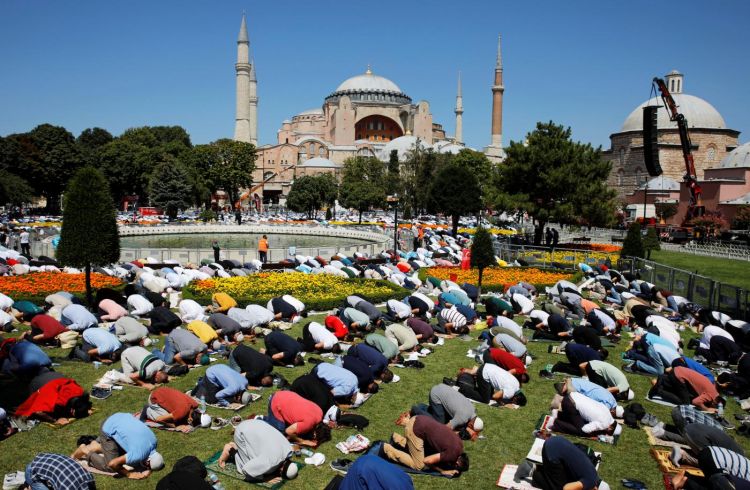
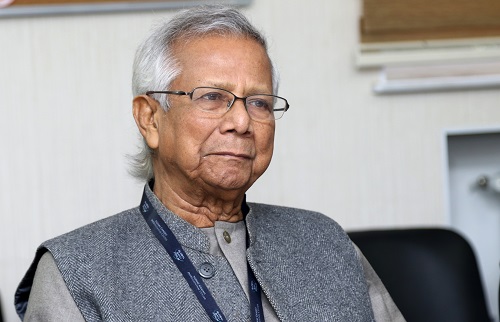
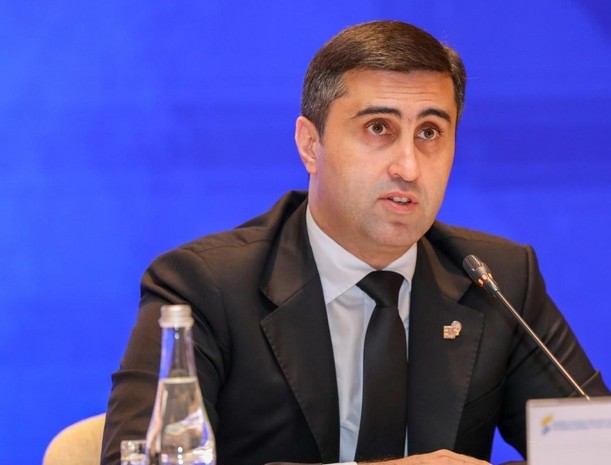
.jpg)

